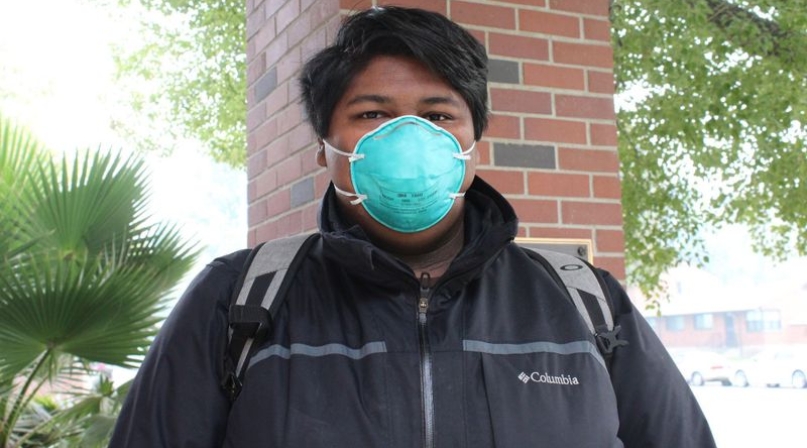NACCHO: Climate change poses unique health threats
Author

Lori Tremmel-Freeman
Upcoming Events
Related News

Key Takeaways
Editor's note: This article was submitted to County News by the National Association of County and City Health Officials.
The National Association of County and City Health Officials (NACCHO), the voice of the nation’s nearly 3,000 local health departments, recently submitted a letter to the House Subcommittee on Environment of the House Committee on Oversight and Reform about the important role that local health departments can play in addressing and mitigating the effects of climate change, as well as the barriers to these efforts.
Learn More
The letter was sent in conjunction with the subcommittee’s hearing, titled “Climate Change, Part II: The Public Health Effects.”
“Across the country, local health departments are tasked with addressing the many health risks that stem from climate change,” said NACCHO Chief Executive Officer Lori Tremmel Freeman, MBA.
“As the climate continues to change, communities will be susceptible to a number of health threats, including increased exposure to and geographic reach of vector-borne and infectious diseases like zika and Lyme disease, exacerbation of respiratory conditions and allergies due to worsening air quality and pollution levels, food shortages, and lack of access to safe drinking water,” she noted.
“Similarly, the increasing frequency and intensity of adverse weather events, like floods and wildfires or natural disasters like hurricanes, pose unique public health threats to the communities affected,” she said.
Surveys conducted by NACCHO have found that nearly eight out of 10 local health department directors believe their local health department lacks the expertise to assess the potential impacts of climate change and effectively create adaptation plans to respond to climate change.
While more than half of health department directors acknowledge the health impacts of climate change, less than 20 percent (one-fifth) have the resources and expertise needed to assess the potential impacts, create effective plans, and protect their community from these health impacts.

Attachments
Related News

HHS Secretary Kennedy touts fixes for obesity, chronic illness, mental health issues
Counties can help improve health outcomes by prioritizing prevention over treatment, Robert F. Kennedy Jr., secretary of the U.S. Department of Health and Human Services told NACo Legislative Conference attendees.

Drug tracking software helps counties identify trends, save lives
Florida counties are using an artificial intelligence tool called Drug TRAC to track and report drug trends, with the aim of providing quicker outreach and saving lives.

White House Executive Order establishes national substance use disorder response
On January 29, the White House issued an Executive Order (EO) establishing the Great American Recovery Initiative, a new federal effort aimed at coordinating a national response to substance use disorder (SUD).